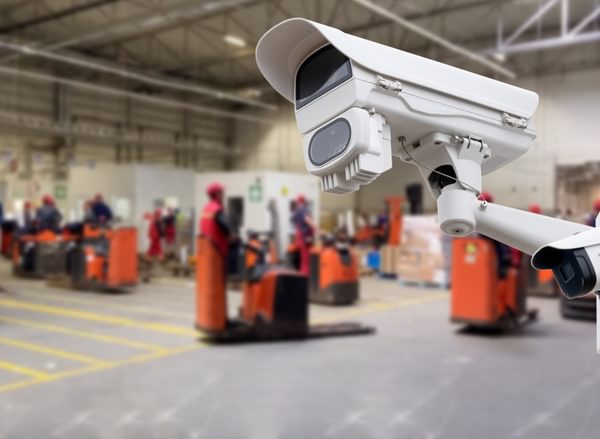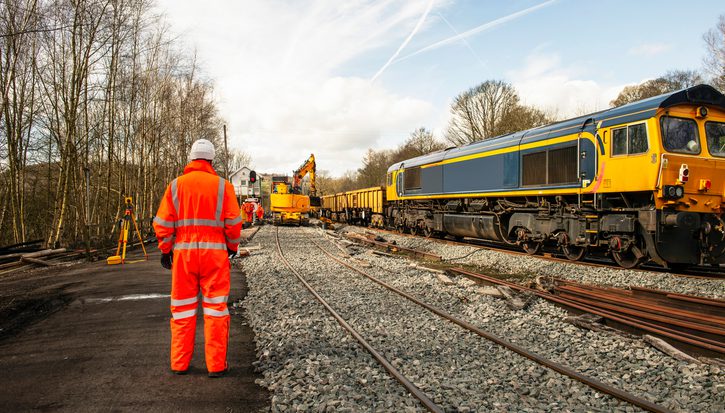
Negotiating the future of work: Legislating to protect workers from surveillance
Article
New technologies are radically transforming worker surveillance. Meaningful worker voice is needed over surveillance practices to address the risks they pose to worker's rights and wellbeing.
New technologies are radically transforming worker surveillance. Employers’ surveillance of their workforce increased substantially during the pandemic and rapidly evolving artificial intelligence is creating new ways to monitor and track workers. The intense and extensive surveillance enabled by new technologies pose serious risks to workers’ rights and wellbeing, and potentially economic productivity.
Meaningful worker voice is needed over surveillance practices to address these risks. But UK law currently provides little scope for workers to influence decisions over the adoption or deployment of surveillance technologies. The government’s commitment to introduce worker rights to negotiation and consultation is therefore significant.
Related items

Stronger rights, better results: Managers’ attitudes to workers’ rights
Labour’s manifesto pledged to strengthen employees’ protections at work.
The direction of AI innovation in the UK: Insights from a new database and a roadmap for reform
Recent developments in artificial intelligence could have transformative effects on the economy.
Mission-driven industrial relations: The case for fair pay agreements
How fair pay agreements could support the government’s mission-based approach by resolving labour market challenges.